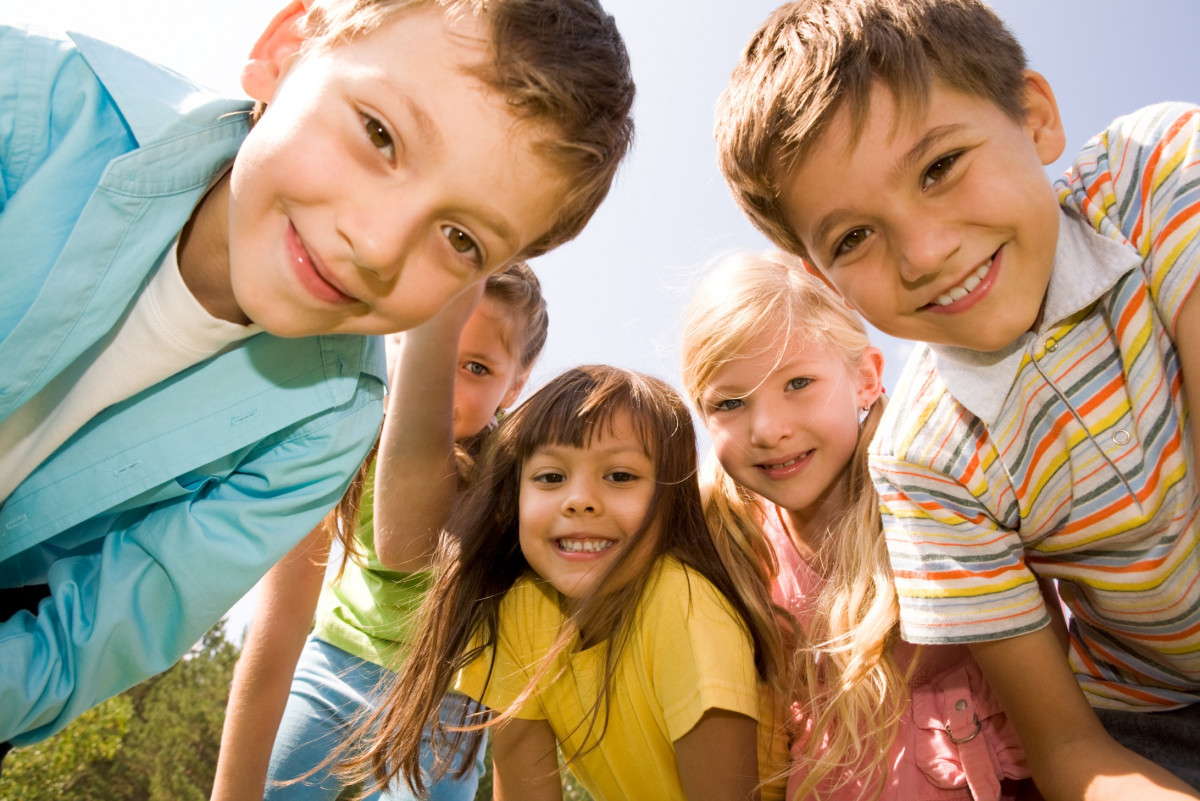Peculiarities of children’s friendship
So, you already understand that your child is not friends in kindergarten or school. It is possible that you think this is unfair. But you can approach the problem and https://argoprep.com/blog/inquiry-based-learning/ objectively and solve it when you discard emotions. To get started, check your ideas about friendship with information that is based on child developmental psychology.
Friendship at 2-3 years old
At this age, the need for regular contact with peers is low. Therefore, if you notice that they do not want to play with a child on the playground, do not rush to get upset. Perhaps just at the moment he himself is not interested in communicating with other kids.
At the same time, the connection with the mother of the child is still very strong, so if you pay attention to other children (strangers), you can cause anxiety in your child. In the future, this may lead to the fact that he will regard his peers as competitors.
Explain to the baby that if he does not want to share a toy and https://argoprep.com/blog/what-is-digital-literacy-and-why-does-it-matter/, let him not share. Egocentrism and possessiveness in three-year-olds is the norm.
Friendship at 4-7 years old
At this age, children have their first friends. Relations in the team are formed intensively and quickly. Children learn to share, treat each other, tell secrets and enjoy communication. Of great importance is the joint game, as well as the evaluation of another child – there is boasting, a desire to measure strength and skills.
The stage of self-affirmation ends by 6-7 years. But if it dragged on, then perhaps this is the reason why they don’t want to be friends with the child. It’s time to tell him that boasting is ugly.
Parents would do well to know what place their child occupies in the team. For example, older children in a family or children without siblings will seek leadership. But whether they will take this position depends on many factors. Therefore, if this is your case, tell the child what it means to be a real leader, how to respect the feelings of other children, why you need to be kind to others.
Friendship at 8-12 years old
On the threshold of adolescence, children already have their own idea of who they like, with whom they would like to make friends. As a rule, the choice falls on peers with similar interests for example https://argoprep.com/blog/habits-of-mind-and-how-to-apply-them-in-the-classroom/.
It happens that at school they don’t want to be friends with a child, but at the sports section, he easily makes friends, because they are connected by a common cause. Group sports actively contribute to the emergence of friendship, but in individual sports, athletes often train together.
Guided by the principle of common interests, help your child find friends in the process of joint games, trips on excursions, and creative activities. Initiate a trip with the whole class to nature, stock up on equipment for games (balls, badminton rackets, frisbees) and arrange a real competition.
Friendship at 13-16
A very dangerous age in terms of strength, durability and the format of friendships. Teenagers are not all friends together, but in “flocks”. Most likely, your daughter’s or son’s classmates have already broken into groups, and it will be difficult to try to infiltrate one of them. Especially if the child has been studying in this class for a long time, and the fact that he has no friends has already become a familiar state of affairs.
It may be worth changing schools to reset the child’s environment. In the new team, he will be able to start all over again and the chances of joining one of the companies will be higher. Direct intervention of parents in these processes is not necessary. You can provide invisible support, but do not look for friends for the child on your own.

Recent Comments